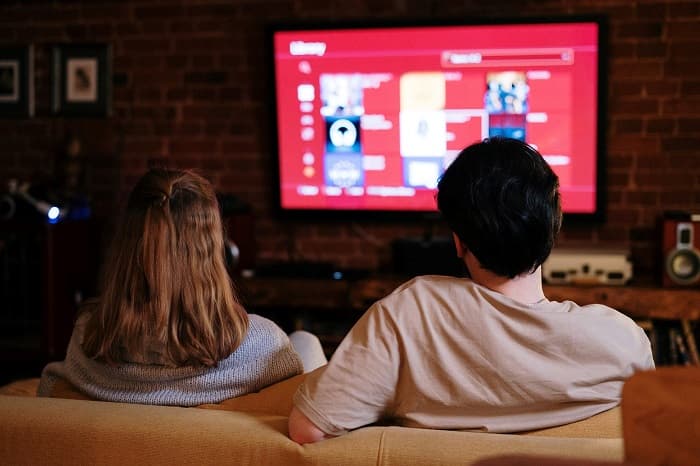Why is Reality TV So Appealing?

If you like watching TV, you’ve probably come across a reality tv show. These types of programs are usually very easy to spot as they tend to focus on normal people facing different life situations. However, these situations can range from looking for a new love to searching for a new job, going on holidays on a tropical island while being surprised by the arrival of a former lover, pursuing a musical or artist career, learning how to cook, or being confined in a house or farm for months on end as part of a group experience, while cameras monitor your every move 24/7.
Well, at first sight, these concepts may seem quite absurd, even bizarre, but they are the basis of some of the most-watched entertainment programs in the history of television. But what makes them so appealing?
Currently, one of the key reasons for the popularity of reality tv resides in the fact that increasingly entertainment runs nonstop throughout the day. For years now, reality tv shows have adopted this format, with some specific programs staying live for 19 hours a day.
In fact, this is part of a trend that can be found all over the entertainment industry. Audiences consuming all types of entertainment are very diverse, but the one thing that unites them is the need to access different content at any given time. This is what made streaming platforms, such as Netflix, as well as online gambling, so appealing.
For instance, Genesis Casino features different live games that are accessible any time of day, with real human dealers, that will offer players an immersive gambling experience.

A Format Which Doesn’t Age
However, that only explains part of its appeal. When An American Family, the first reality show in history, aired on PBS in 1973, audiences didn’t have access to replays and couldn’t access content with such ease as today. Nonetheless, the show featured the key element of identification.
Audiences were, for the first time, allowed and urged to follow the day-to-day of a regular family and engage with lives similar to theirs. The ‘great-grandfather’ of modern reality tv shows didn’t feature cash prizes or any type of competition, it was just a peek into the daily routine of strangers.
Throughout the years, and as television formats developed, the reality tv formula was improved and perfected. Nowadays, many situations on reality shows are scripted or in some way preplanned, but audiences have accepted that the people on television are both part character part real.
As a result, spectators experience something better than just reality or fiction, they get to taste a dramatized version of reality that covers different topics, as detailed by Vogue.
This allows audiences to feel empathy for these ordinary people that are placed in extraordinary circumstances. Additionally, reality tv shows allow watchers to put themselves in the place of participants and imagine how they, real, normal, non-celebrity individuals, would react and interact with fame and exposure.
Nonetheless, it is also relevant to highlight that Big Brother’s formula, which has undoubtedly conquered audiences, has also given way to other popular formats, such as Keeping Up With the Kardashians, which ended last September, as reported by ANI.
The show operates mostly on the idea of giving audiences the opportunity to experience the life of a famous and rich family, but retains the central idea of identification and peeking into the lives of others.
One thing’s for sure, although reality tv shows aren’t new, they haven’t aged at all and their simple appeal has resisted the test of time, as they are expected to continue influencing pop culture and the entertainment industry for years to come.


